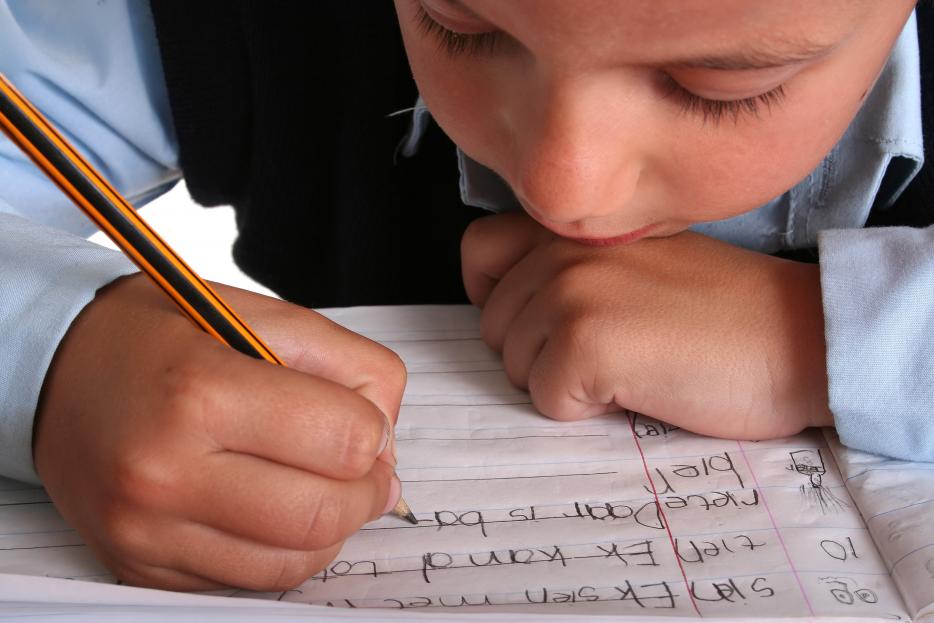
What if… I think my child may have a learning challenge?
The signs that a child may be experiencing a learning challenge can be very subtle, but there are a number of traits which are worth looking out for.
If you recognise more than one of these, it may be that your child could really benefit from a ‘non-standard’ learning approach – one which recognises and values their ‘difference’.
Unhappy and under-performing?
Does your child’s behaviour cause you concern? Are they anxious or unhappy at school, or often in trouble? Do you find yourself making allowances or excuses for them?
Perhaps if you have more than one child, one has always seemed a bit different, or they under-perform compared with their siblings at the same school. Some parents may try various therapies to support a child but find they have little or no measurable effect.
Maybe you worry that your child might not reach their full potential at their current school, and find it stressful trying to get across to new teachers your child’s particular needs. Another sign of a learning challenge might be a child in the ‘bottom set’ when you feel they could be doing much better.
Signs to look out for in a younger child
Younger children may struggle to find the words they want to use, or mispronounce words more frequently than other children their age. In written work they may transpose letters and use odd and erratic spelling.
Or a learning challenge may present as difficulty concentrating during some activities, but almost obsessive attention to something a child really wants to do; talking and fidgeting excessively; or acting impulsively with little or no sense of danger.
Other indicators include difficulty or lack of interest in learning rhymes, forgetting what’s just been said to them, finding it almost impossible to wait their turn in conversation, and interrupting because they think they will forget what they want to say.
Signs to be aware of in an older child
Older children who are struggling at school because of a learning challenge may become distressed and emotional more easily. They may appear immature in their social interactions, or unable to read body language, or find themselves accused of being too rough.
You may notice a discrepancy between your child’s ability and the standard of work they produce. They may seem lazy or disorganised, and have difficulty with tasks such as revision. Some children may have a tendency not to notice patterns, or have problems with all aspects of money, times tables or telling the time.
Language problems may be identified, such as having a restricted vocabulary in verbal and written expression or, alternatively, being verbally competent and articulate in class, yet producing unexpectedly brief, messy or simplistic written work.
The value of difference
Learning challenges which hamper educational progress, including dyslexic traits such as poor working memory and slow information processing speed, need to be addressed positively with the right specialist support at the right school.
In adult life, thinking differently can provide a valuable skillset with the kind of flexible, creative thinking which sees useful connections which others miss, or an attention to detail which is vital in certain situations.
A child experiencing a learning challenge often develops behaviour which impacts negatively on family life, so that everyday events become stressful for everyone involved.
Therefore, taking steps to find a learning environment which values their ‘difference’ is likely not only to transform your child’s future but also to have more immediate significant benefits for the whole family.
Lorna Woolley is an Independent Educational Adviser specialising in supporting parents seeking high quality, independent educational settings for children with learning challenges.
The William Clarence Family Services team is experienced in all aspects of school placement and support for children with special educational needs. For specialist advice on tutoring, placement and other options for your family, contact us today.
